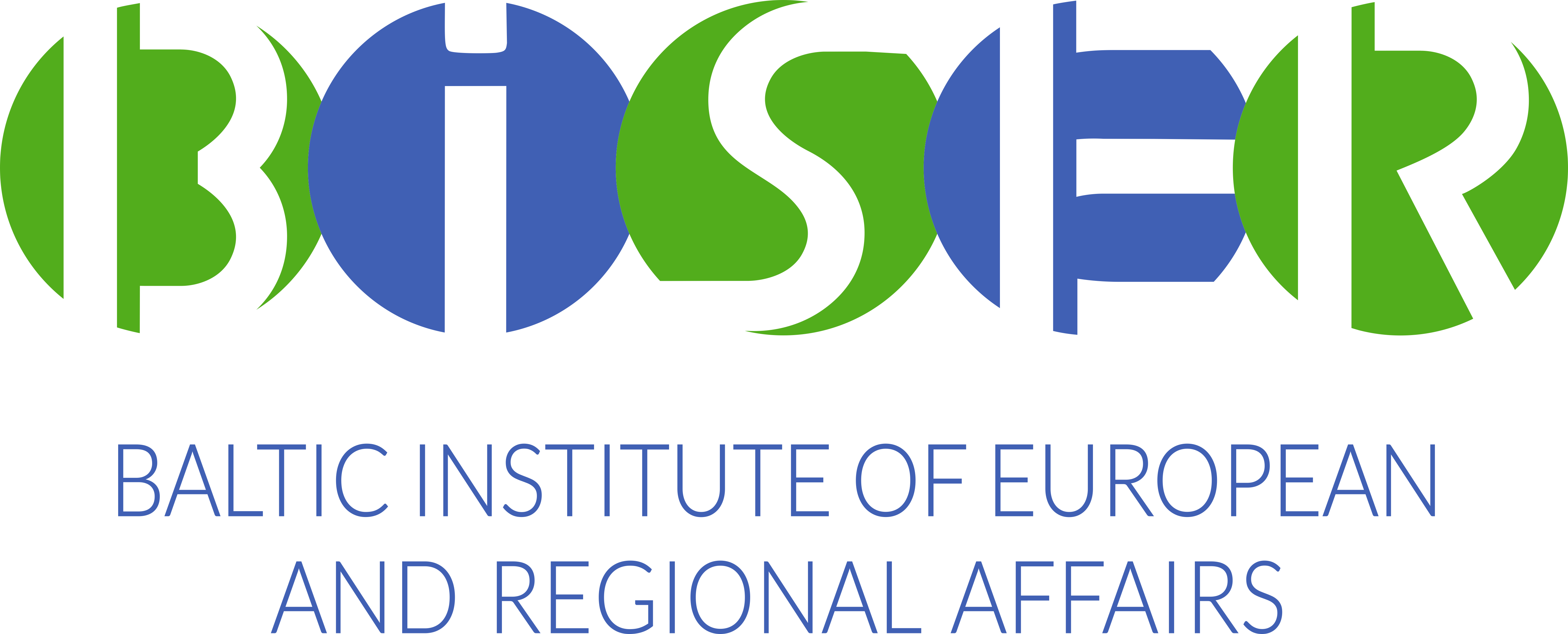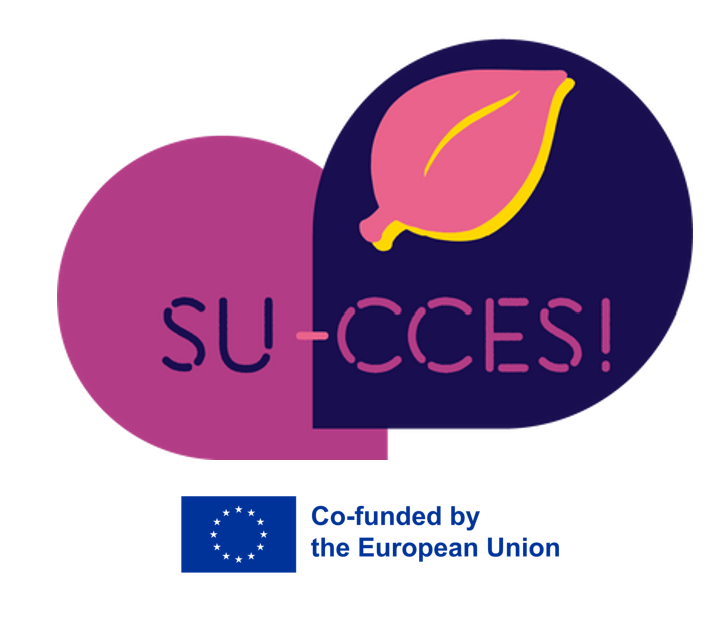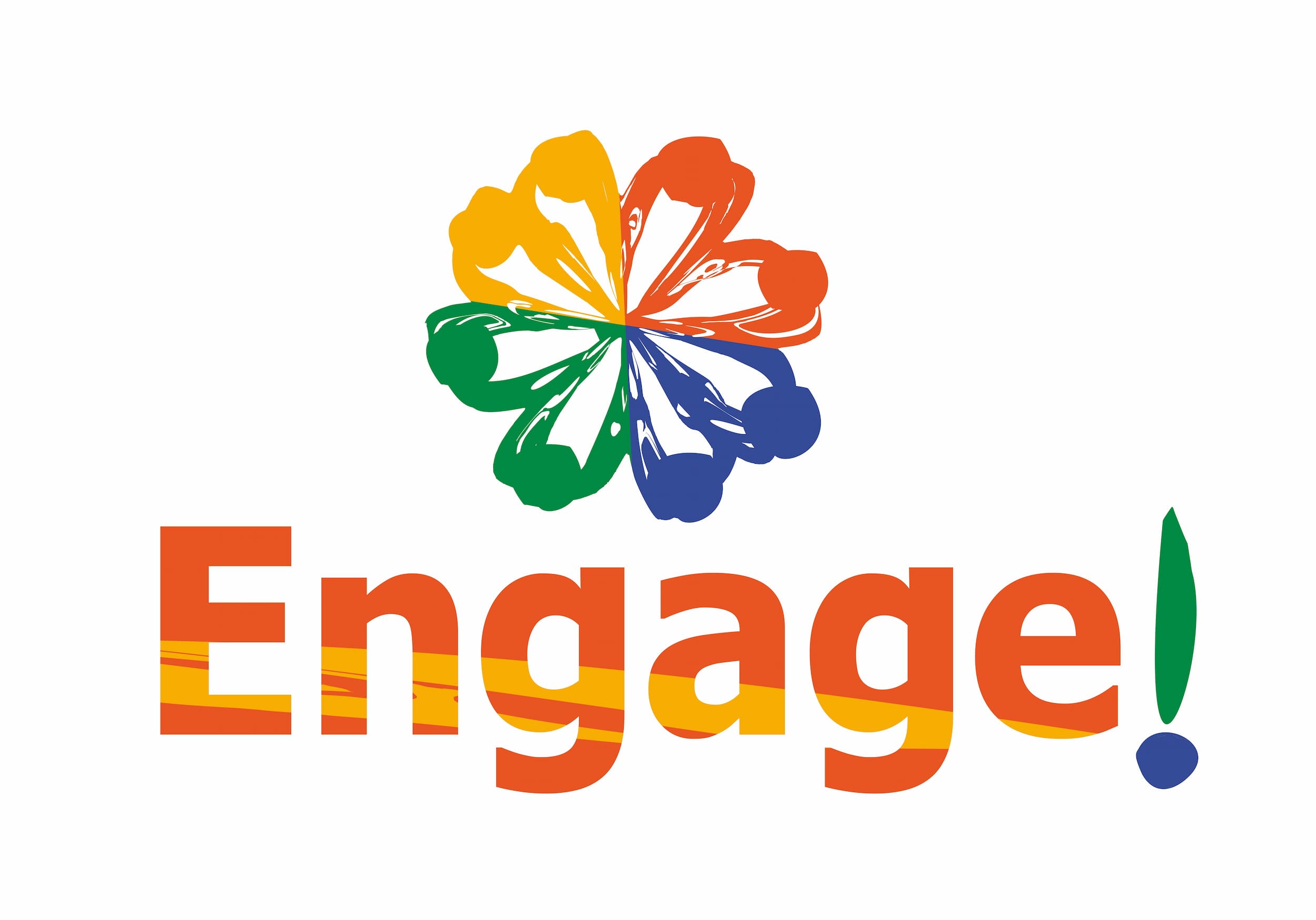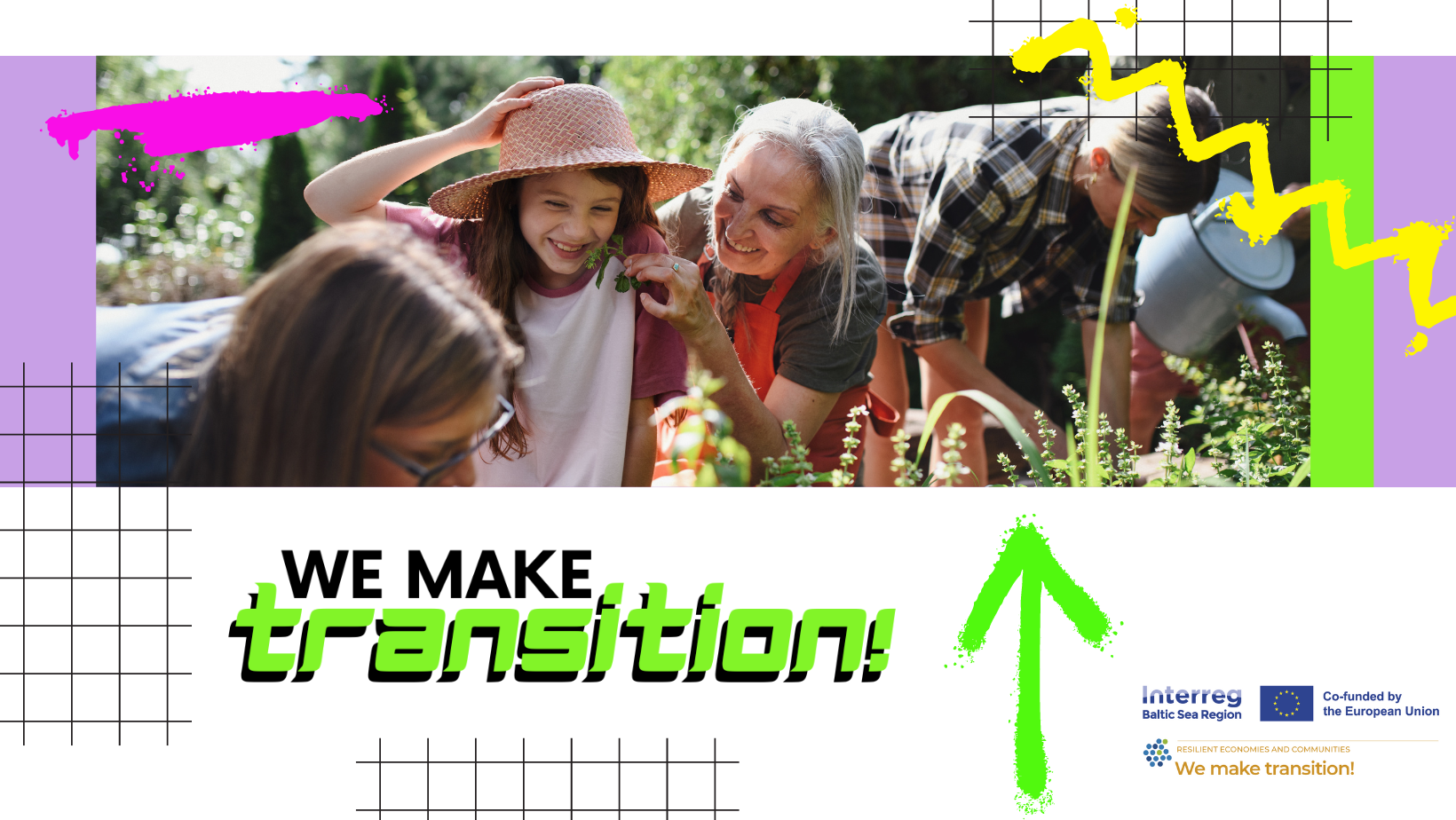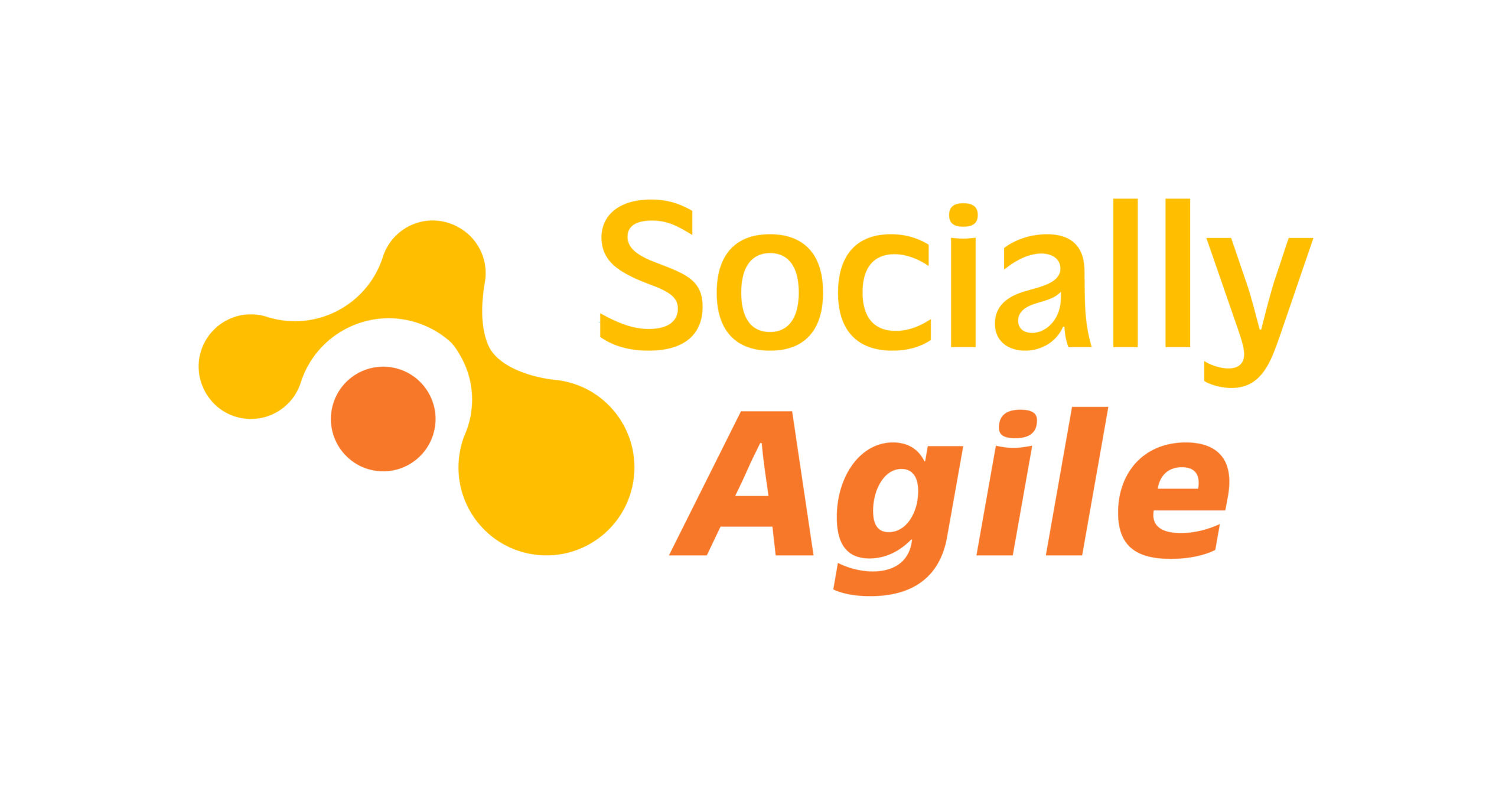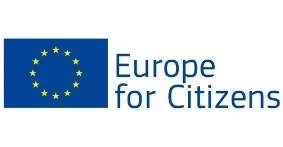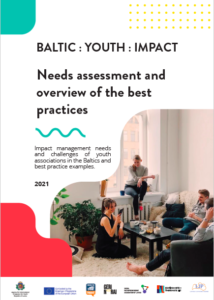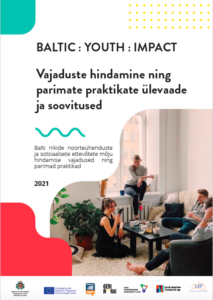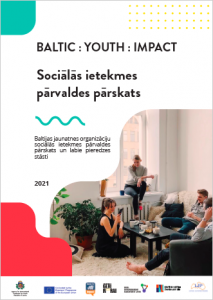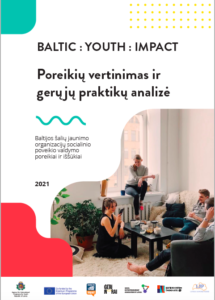A consortium of partners has released a paper on impact management needs and challenges of youth associations in the Baltics, and the best practice examples. It provides an overview of whether and how youth organizations and social enterprises in the three Baltic States — Estonia, Latvia, and Lithuania — measure their impact and presents different examples to give other organizations tips for measuring their organization’s impact.
Definition of impact : The impact of a youth organization or social enterprise is any effect of the organization’s activities on individuals or groups or the surrounding environment. The easiest way to think about impact is by asking such questions as “What changes do we cause?” and “What changes would not have happened had we not organized our activities?”
Different impacts can be positive or negative, intended or unintended. Typically, youth organizations may influence young people’s attitudes, knowledge, skills, and experience as well as their living conditions.
The aim is to establish the experience for today and determine the aspects motivating organizations to assess their impact. In light of the current situation, the authors of the project seek to determine the impact measurement tools or instruments which would help organizations to measure their impact more effectively. Furthermore, this paper gives an overview of the reasons due to which some organizations do not measure their impact, the aspects that would motivate them to do so, and the skills and tools needed to begin measuring impact. Finally, the best practice examples from Baltic youth organisations are introduced.
The main conclusion is nevertheless that the literature overview demonstrates a decline in active participation of youth, therefore, it is substantially important to provide quality service in youth organizations.
If you too are interested in finding out the benefits of measuring the impact, the most common tools and some of the most prominent examples among youth organizations in the Baltic states, download the full paper in one of four languages here:
The paper was created by Social Entrepreneurship Association of Latvia in collaboration with the National Youth Council of Latvia (LV), Eesti Noorteühenduste Liit (EST), Stories For Impact (EST), Geri norai (LT).
This publication has been prepared within SENBS project No. 2020- 1-EE01-KA204-077999. The content of this publication is the sole responsibility of the project coordinator and may not always reflect the views of the European Commission or the National Agency.
